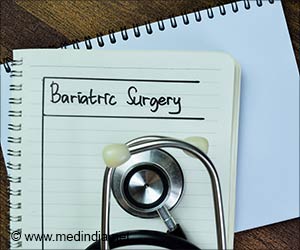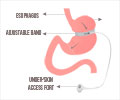Q: Which doctor should I consult for bariatric surgery?
A: You should consult a gastrointestinal surgeon for bariatric surgery.
Q: Is a bariatric surgery cost-effective?
A: Several people may find the bariatric surgery costly. However, with the improvement in health due to the surgery, the health-related costs related to the treatment of obesity-related co-morbidities eventually come down. Patients tend to take less sick leave following the surgery, thereby increasing the work output. However, the patient may need additional treatment for conditions like GERD, as well as mineral and vitamin supplementation to prevent deficiency, which could add to the post-procedure treatment.
Q: Will my health insurance cover such a surgery?
A: Most health insurance company may cover this surgery if you fall in their selected criteria. Most companies will expect you to have gone through a weight loss program through your physician. It is best to check before you decide about the surgery.
Q: What tests will I require before the surgery?
A:
- All patients are required to take simple blood and urine tests along with an ECG.
- More advanced test for cardiac assessment and sleep apnea may also be required.
- A gastroscopy will be done to rule out ulcers and H. pylori infection.
Q: How long does the bariatric surgery operation take?
A: This will depend on the type of surgery. A gastric sleeve resection will generally take 90 to 120 minutes. Whereas a simple banding procedure may take an hour.
Q: Are most bariatric surgery done by laparoscopic method?
A: Yes, almost 99% are done using the laparoscope and very rarely open bariatric surgery is required.
Q: How many days would I need to stay in the hospital?
A: Most will be discharged within 72 hours after surgery. If you do well you may go home the next day after surgery.
Q: When can normal activity be resumed after the surgery?
A: It varies from patient to patients but most will resume activity within 6 weeks of surgery.










